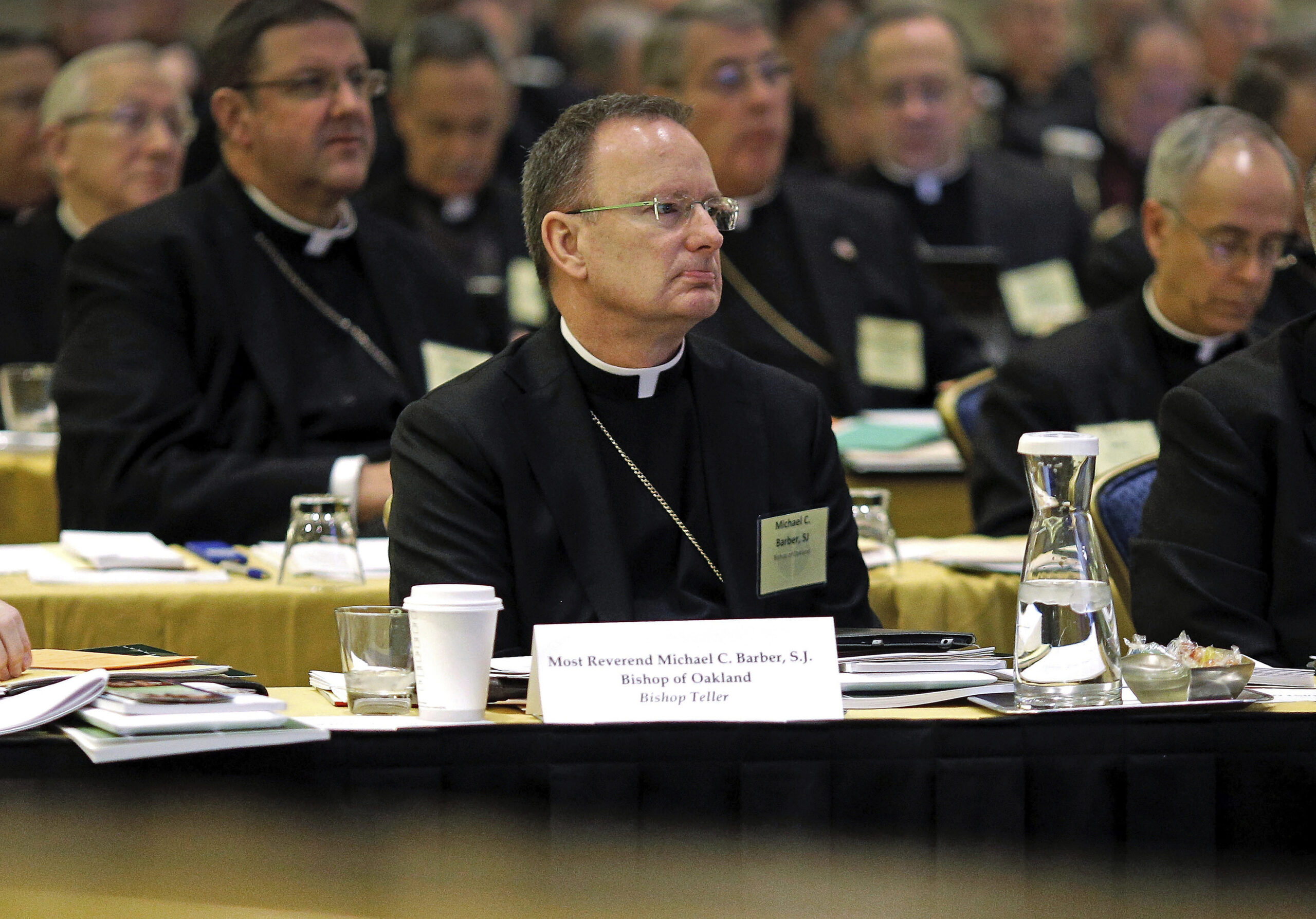All churches become chronologically older every year, but why does an aging church remain young, vital, and more spiritually fruitful than others?
There is a lifecycle to all churches, but intentional leadership can make a huge difference.
The point here is not to select and preserve modern-day cathedrals, but we do have a responsibility to lead churches that are vibrant, flourishing, and bring life change through the person and power of Jesus for as long as we can.
There are several things you can do to help your church remain young, alive, and vibrant, even though the lifecycle process eventually continues.
This post doesn’t promise an ecclesiastical fountain of youth. However, if your aging church is becoming weaker, it can pivot to maturing and becoming stronger. It can have a greater impact by making a few key decisions and commitments toward staying young.
Here are 7 ways to keep your aging church young.
1) Think multiplication and reproduction.
Life produces life; that truth is woven into God’s creative design. My daughter and son-in-law are having a baby soon, life continues, and we pass on family values. Grandchildren keep us young!
The same idea holds true in the church. Leading the way for the birth of new campuses and planting new churches breathes new life into the existing “parent” church.
The birth of a new church is inspiring!
Church growth is good, but it can be focused on only adding people. Adding people can be accomplished merely through events and programs with more people attending. That’s oversimplified, but you get the idea. And again, this is a good thing, but there is more.
Reproduction is the next step, where believers are discipled and become more mature in their faith.
Church multiplication, then, is focused on developing disciples to become leaders who can help launch and plant new churches.
There is, of course, much more to this, but for now, I just want to make the connection to a life-giving church environment that helps keep your aging church young. (Or support other churches who plant churches.)
2) Focus on the future.
Thinking young always looks to the future, and equally important, a better future.
Let’s keep the family analogy going. There are two things essential for any aging person who wants to remain as youthful as possible.
First, they need to keep moving; a sedentary lifestyle is harmful to good health. Second, they need a reason to keep moving, a goal, a dream, or something to look forward to.
For the local church, it’s a bold, clear, and compelling vision. It’s the reason to exist and keep going. Purpose is powerful. It keeps us moving forward with the anticipation of a better future. It keeps the aging church young and forward focused.
Status quo, doing the same things week after week, is draining and demotivating. Focus on what’s new and next for the future.
3) Empower young staff and volunteer leaders.
The importance of selecting, developing, and empowering young leaders has always been true. But now more than ever, with so many leaders who are part of the boomer generation, it’s important to learn how to pass the baton.
That is not always easy, and it’s different for every church. But begin with this question. Are you developing and empowering young leaders?
Organizationally it can get complicated but start with the foundation. Can you name the young leaders in the church and on staff that you are selecting and developing?
Invest in them, train them, and develop them into strong spiritual leaders. Then as appropriate, empower them to actually lead.
4) Place a premium on children’s ministry.
If you want your aging church to remain young, a strong children’s ministry is non-negotiable.
Hire great staff, invest significant time and energy, and be as generous as you can with the budget.
Without this, you are absolutely capping your ability to reach young families in your community.
To reach kids with the gospel message, it’s important to understand and keep up with the world they live in.
That world is fast-paced and built around technology. When you add to that mix loving adult leaders who genuinely care about children, you create a winning environment that the kids want to be part of.
There are few things more heart-warming than children beginning to understand who Jesus is and becoming a Christian at a young age. As they mature in their faith, their potential is incredible.
5) Keep up with technology.
A key to thinking about technology and churches is knowing where you want your church to lie on the innovation S-curve.
Not every church needs or should be spending to innovate in the technology space, but any basic interaction that can be made easier with technology should be implemented.
There is a subconscious level of expectations when it comes to the user experience that everyone has now. If our churches don’t meet them, we are likely communicating irrelevance.
- Websites should be extremely easy to use and answer key questions within seconds: for example where your church is located and times for your services.
- Child registration and event check-in should be digital.
- Online Giving became a standard about 5 years ago now.
- Social media has become the preferred and primary method for people to interact with your church.
- We should have a database that knows and understands our congregation.
When I started in ministry we used cassette tapes. Remember those? Gen-Z has not even had much interaction with CD’s, much less the preceding cassette tapes.
Far too many churches have a cassette tape mindset in an instantly responsive digital world. You don’t have to be a mega-church to leverage technology for the sake of the gospel.
If you’re a smaller church and you have just a few young adults, you’d be amazed at what they can do with only a laptop and a smartphone. Ask for their help.
6) Design your Sunday morning service with a fresh and culture-connecting feel.
So how do you know what is young and relevant? That’s a subjective issue.
But here’s where you can start as it relates to your worship service, if you are still doing pretty much what you did ten years ago, the way you did it ten years ago, you are not keeping up.
Are you playing new music? Who is choosing your music? That can be a sensitive subject but have the conversation.
Remember, it’s not about being different for the sake of being different. It’s about what will engage a post-Christian culture most effectively with the gospel message.
Are you inviting young leaders onto the platform? Young musicians and singers will lead you to younger music and a younger vibe overall. This helps to attract young people to your aging church.
If you are thinking, “What about the older people, don’t they matter?” Of course, they do. I am one, and I still make a difference. But we should be more mature.
We know that it’s not about us, the mission is to reach the lost, and if you reach the next-gen, other generations will follow.
How about your primary communicators? We need the wisdom of age and experience, but we also need young voices in the mix. How are you doing there?
Think through all the components from language to video and think young.
If you focus on a younger crowd, the older generations with join in. If you lean toward older, the young will often leave.
7) Invest in the next generation.
Raise up and train young leaders perhaps through an internship, invest in student ministries, and champion the call to vocational ministry among your young adults.
Communicate that you believe in the next gen! They are the future!
The vision of the church needs to be captivating to the next generation, and at the same time, be compelling enough that older generations get excited about the vision in such a way that they will invest their heart, time, and resources.
Let’s face it, middle-aged and older generations have no trouble loving and believing in kids; just watch a grandparent with their grandchildren!
This article about keeping an aging church young originally appeared here.






















 We are well aware that the Holy Spirit indwells our bodies, but do we consider what that means about taking care of our bodies? Our physicality relates directly to what we typically think of as our spiritual well-being. It is through our bodies that we do God’s will in the world. They are very integral to our spirituality. Body and spirit are connected, integrated, and united. What happens to one affects the other. How aware are you that your bodily experiences are integral to your spiritual life? Take five minutes to read and reflect on how God might be speaking to you about your physical well-being. The following five thoughts are adapted from Ruth Haley Barton and Dallas Willard.
We are well aware that the Holy Spirit indwells our bodies, but do we consider what that means about taking care of our bodies? Our physicality relates directly to what we typically think of as our spiritual well-being. It is through our bodies that we do God’s will in the world. They are very integral to our spirituality. Body and spirit are connected, integrated, and united. What happens to one affects the other. How aware are you that your bodily experiences are integral to your spiritual life? Take five minutes to read and reflect on how God might be speaking to you about your physical well-being. The following five thoughts are adapted from Ruth Haley Barton and Dallas Willard.







